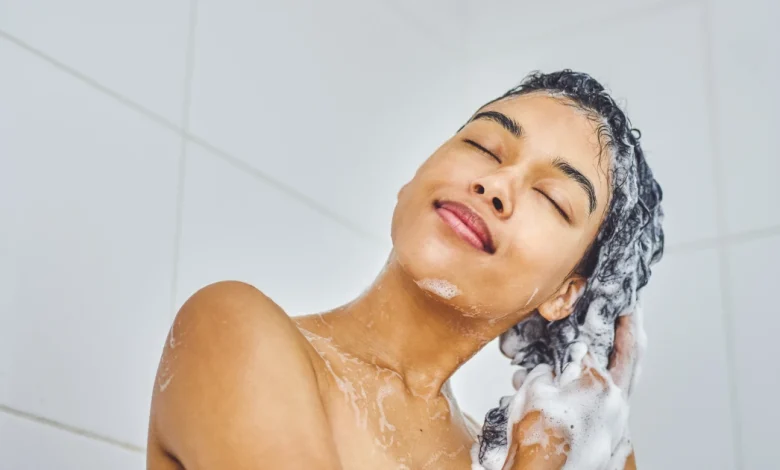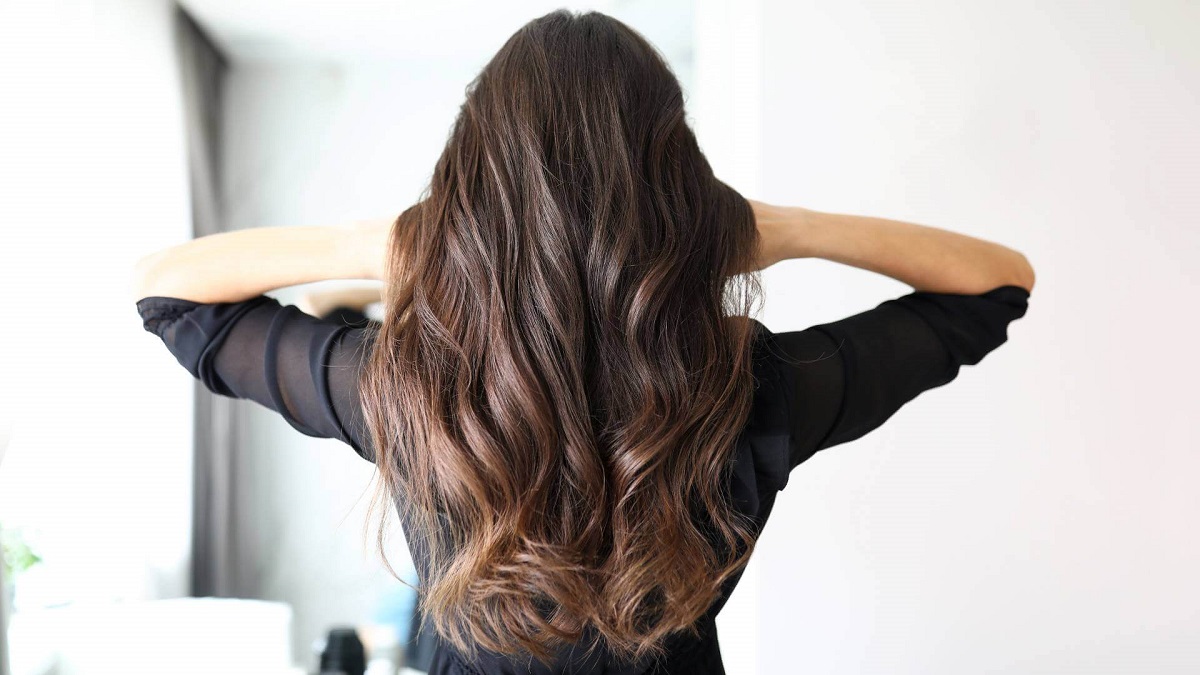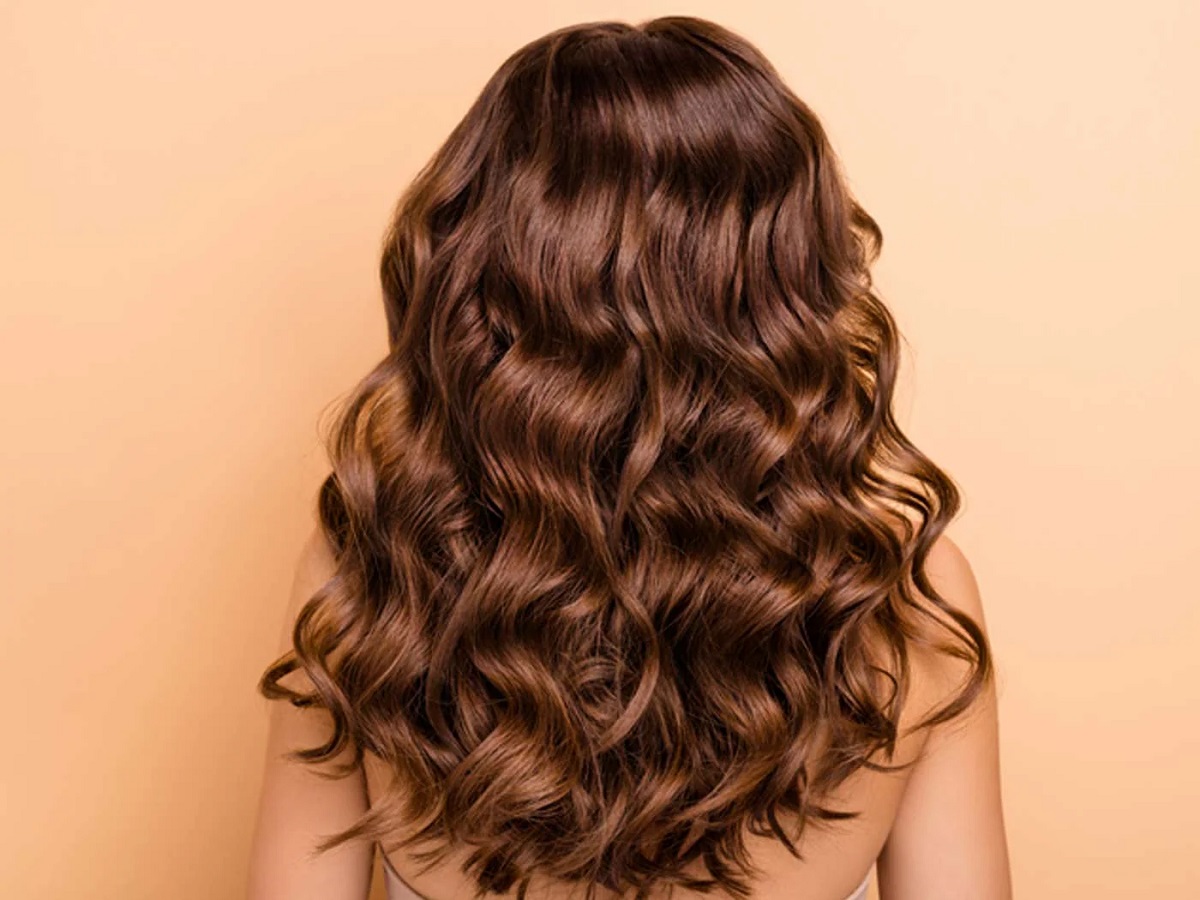Sulfate-free Shampoo: Is Sulfate-free Shampoo Really Good For Hair?

Sulfate-free Shampoo: Sulfate is a strong cleanser that can strip the scalp and hair of its natural oils, leading to dryness and possible irritation and sensitivity.
Sulfate-free shampoo has become a hair care buzzword heard around the world, but what exactly is it and what does it do?
Sulfate-free Shampoo, It can often seem like the beauty brands are inundating us with a constant stream of new discoveries when it comes to the latest ingredients, but sulfate-free shampoos really do work. Since it’s a necessary change we all need to make to have healthier and shinier hair, many of us have heard of these shampoos but are a little confused because we don’t know what they really are.
We’ve done a lot of research on what makes a great sulfate-free shampoo, but it’s time to dig a little deeper to see what’s really going on.
We’ve spoken to Claire Martin, a leading London-based hairstylist and haircare educator who regularly travels the UK and Ireland teaching fellow hairstylists the best of care for all hair types, to get the full scoop on the must-have formula.
“While sulfate can be an effective cleanser, it can also be harsh and drying, leading to potential negative effects on the hair and scalp,” she told us. “As a result, many brands are now offering sulfate-free alternatives to meet the needs of consumers looking for gentler, more natural hair care options.”
Read on to find out everything you need to know about sulfate-free shampoos, including what they are, why brands use them, and what they do for your hair.
What Is Sulfate?
“Sulfate is a chemical compound,” explains Martin. “Sulfate is usually found in minerals, salt, and substances such as sodium sulfate or magnesium sulfate.” Outside of the world of makeup and beauty, sulfates can be found in cleaning products, personal hygiene items, and even food additives.
Sulfate-free Shampoo
Why Do Brands Use Sulfates?
Sulfate is a powerful cleanser that is very effective at removing dirt, oil, and product build-up. However, Martin goes on to explain that it is also an inexpensive material to mass produce. “Sulfate also has a satisfactory foaming action, which many people associate with complete cleanliness and freshness,” he adds. But while sulfates may often give the impression that they’re good for hair, the reality is that they actually do more harm than good.
Sulfate-free Shampoo
What Effect Does Sulfate Have On Hair?
Martin opened up to us, detailing the top five negative effects that using sulfate-containing shampoos can have on your hair:
Sulfate-free Shampoo
1. Removal Of Natural Oils

Sulfate is a strong cleanser that can strip the scalp and hair of its natural oils, leading to dryness and possible irritation and sensitivity.
Sulfate-free Shampoo
2. Hair Damage
Repeated use of sulfates may weaken the hair shaft over time, leading to breakage, split ends, and dullness.
Sulfate-free Shampoo
3. Scalp Irritation

Sulfate may be harsh on the scalp and cause irritation, itching, and redness, especially in people with sensitive skin or specific scalp conditions such as eczema or psoriasis.
Sulfate-free Shampoo
4. Gradual Color Fading
In people who have dyed their hair, sulfates can cause the color to fade faster, damaging the shine and durability of the color.
Sulfate-free Shampoo
5. Curly Hair Problems

Sulfate can disrupt the natural curl pattern of curly or curly hair and lead to frizz and loss of hair shape.
What Is Sulfate-free Shampoo?
Sulfate-free shampoos use milder cleansing agents that are more compatible and gentle on the skin. “They’re still effective and clean, but without stripping away as much natural moisture, making them a gentler option, especially for people with sensitive skin or certain hair types, like curly or wavy,” says Martin. painted, they have.”
Is sulfate-free Shampoo Good For Hair?
Sulfate-free shampoos, as gentler products, can help retain hair’s natural moisture, making it less dry or irritated and less likely to break the hair shaft. However, Martin points out that “to get the best results, it’s important to choose a sulfate-free shampoo that’s right for your specific needs and hair type.”
When a brand’s shampoo is sulfate-free, they will often state this on the packaging, as this is a key selling point. But just to be sure, it’s best to read the fine print on the packaging. The most common sulfates used in shampoo are sodium lauryl sulfate (SLS) and sodium laureth sulfate (SLES), so watch out for these two troublemakers in the ingredients list.
Also Read:
Collagen Stimulation: Are Collagen Drinks And Supplements Good For Skin, Nails And Hair?
Curly hair And 10 Amazing Tricks To Care For It
Glycerin For Hair: The 6 Ways To Apply Glycerin To Your Hair




